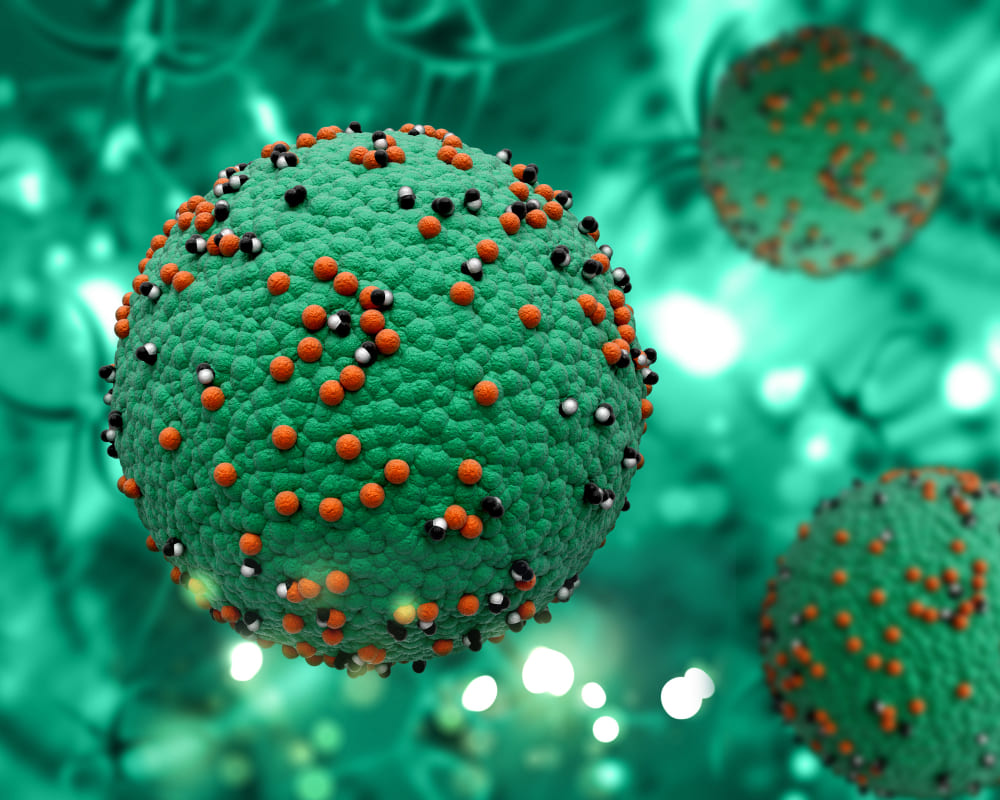When viruses are mentioned, images of flu, colds, and pandemics often come to mind. Yet, these tiny particles possess a surprisingly positive side, frequently acting as unseen allies across various domains. In recent research, viruses have assumed roles that are more beneficial than harmful, offering solutions in medicine, agriculture, and environmental science. Viruses, particularly bacteriophages, are now seen in a transformative light as they find applications in combating antibiotic-resistant bacteria. The global rise in antibiotic resistance is alarming, rendering many infections difficult to treat. Bacteriophages, which are viruses that infect and eliminate bacteria, offer a promising alternative. They are being explored as a means to specifically target and destroy harmful bacterial pathogens without causing harm to the beneficial bacteria within our microbiomes. A study led by researchers from Yale University has shown that phage therapy can be as effective as traditional antibiotics in treating resistant bacterial infections. Their small size and specificity make phages ideal candidates for future therapies, where antibiotics have failed. Read more about phage therapy here. This increasing interest in phage therapy is reshaping our understanding of viruses, presenting them as essential tools in our fight against resistant bacteria.
Viruses in Genetic Engineering
Perhaps one of the most innovative uses of viruses is in the field of genetic engineering. By hijacking their natural ability to insert genetic material into host cells, scientists have harnessed viruses to perform gene therapy. This involves modifying viruses to eliminate diseases associated with genetic errors. By replacing faulty genes with functional ones, researchers have managed to cure or alleviate conditions that were once deemed irreversible. This leap in genetic medicine promises treatments for genetic disorders such as cystic fibrosis and hemophilia. Currently, the implementation of viruses in gene therapy is paving the way for advancements in precision medicine, offering individualized treatment plans based on a patient’s genetic profile.
Biotechnological Applications and Innovations
Viruses have also become indispensable tools in biotechnology. Their potential extends beyond therapies to the creation of vaccines, including those for challenging viruses like Ebola and Zika. In these vaccines, viruses act as vectors, ferrying genetic material that triggers an immune response without causing disease. This groundbreaking technology ensures fast production and improved safety compared to traditional vaccine methods. These innovative vaccines can stimulate a strong immune response, making them effective weapons against rapidly mutating viruses. Such advancements demonstrate the immense potential of employing viruses to bolster human health, showcasing how we can transform a natural enemy into a steadfast ally.
Viruses and Environmental Benefits
In environmental biotechnology, viruses hold surprising potential. Viral agents are being used in bioremediation to eliminate pollutants. They can break down hazardous materials in contaminated environments, such as oil spills or toxic waste sites, thanks to their targeted mechanisms. Viral solutions are lauded for their ability to decompose harmful substances into non-toxic components, providing eco-friendly alternatives to chemical remediation. Meanwhile, bacteriophages offer an additional layer of environmental protection. They target specific bacterial populations, maintaining a natural equilibrium and preventing the proliferation of harmful bacterial blooms. Such ecological contributions illustrate how viruses can fulfill environmental roles that promote sustainability and protect delicate ecosystems.
Contributions to Agriculture
Viruses, particularly those targeting insects, are beneficial in agriculture. They provide an organic solution to pest control, reducing reliance on chemical pesticides, which often have detrimental environmental impacts. Known as viral biocontrol, this approach utilizes natural viral agents to decrease pest populations, preserving crops and supporting sustainable farming practices. These viral allies, such as baculoviruses, are specific in their action, targeting only the intended pests without harming beneficial insects like bees. The use of viruses in this context exemplifies how we can leverage natural processes to enhance agricultural productivity while maintaining environmental health. Such practices not only boost yields but also promote the diversity and resilience of ecosystems. In the pursuit of sustainable agriculture, viruses play key roles in:
- Minimizing chemical pesticide usage and environmental contamination
- Preserving beneficial insects essential for pollination
- Enhancing crop resilience to pest outbreaks
The Future of Viral Utilization
Looking ahead, the potential for viruses to serve as allies rather than adversaries is limitless. Their roles are continually being expanded in various fields, from healthcare to environmental science, challenging our preconceived notions. As researchers continue to unlock the untapped capabilities of viruses, we stand to benefit from countless applications, revealing how these microscopic entities can become our partners in achieving global health and sustainability goals. For more on the role of viruses in biotechnological innovation, consider exploring this insightful article on viral biotechnology.

